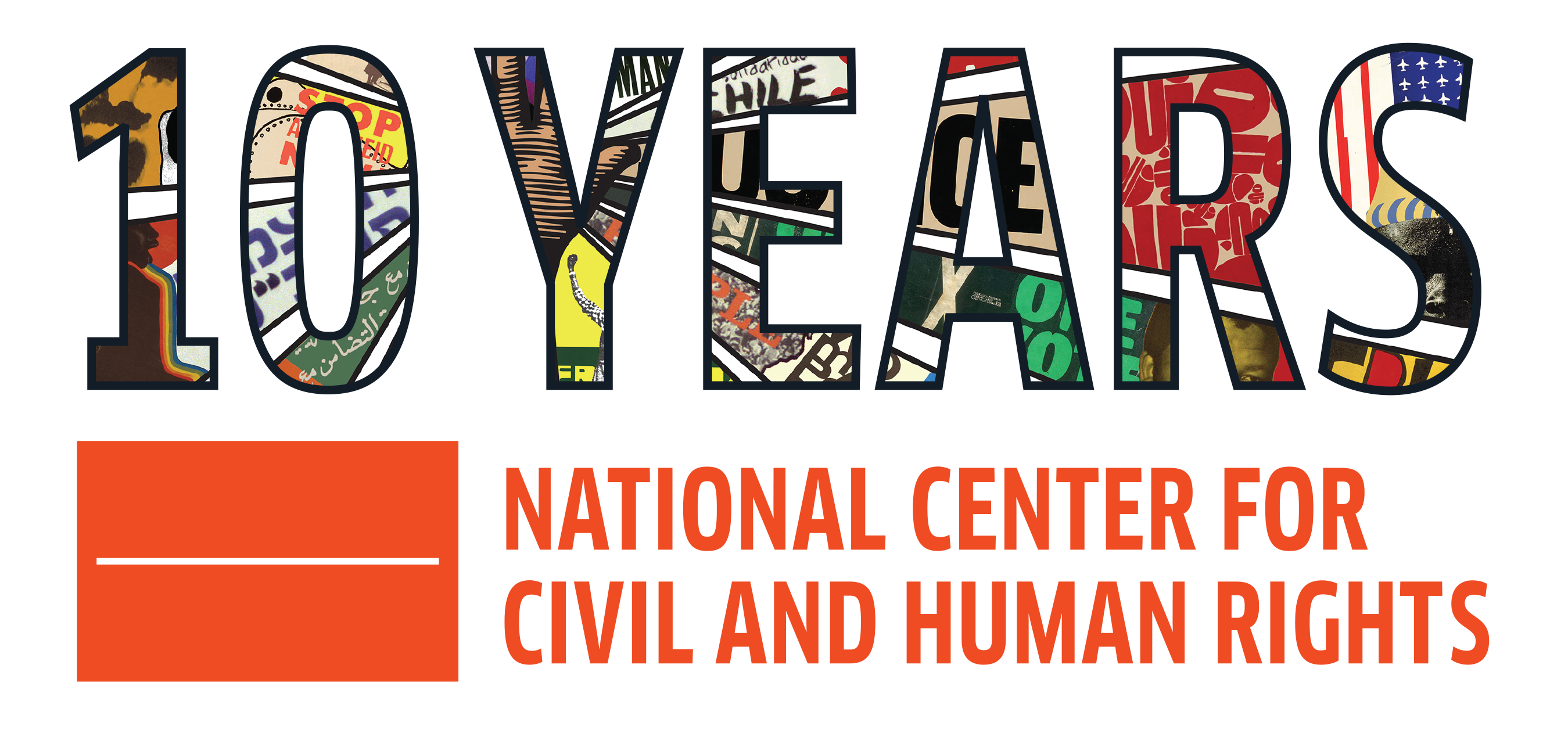Disability Pride and Advocating for Access
By: Lissie Cox
During July, Disability Pride month, we celebrate the efforts of thousands who organized for decades to create the Americans with Disabilities Act. It is also a moment to recognize the foundation laid by the civil rights movement to empower disabled advocates. Not only was the ADA modeled on Civil Rights Act of 1964, but the spirit of the civil rights movement inspired disabled advocate protests such as the Capital Crawl of 1990. More than 1,000 people with physical disabilities discarded their assistive devices to crawl up the steps of the U.S. Capitol and urge lawmakers to pass the ADA.
When the act became law on July 26, 1990, it was a watershed moment for people with disabilities. However, since the ADA and its expansion amendments in 2008, awareness, support, and understanding for people with disabilities has halted. Discrimination persists, preventing those with disabilities to live fully and thrive.
According to the CDC, about 61 million adults in the U.S. live with a disability, with the highest percentage concentrated in the South. Amongst the American disabled community:
- 1 in 3 do not have access to adequate healthcare because of the cost (CDC)
- 9% of disabled Americans are unemployed as of 2021 (U.S. Bureau of Labor Statistics)
- People with disabilities are four times more likely to be violently attacked than non-disabled people. (Bureau of Justice Statistics)
In addition to the inherent challenges of living with a disability, disabled people struggle with living in an ableist society. The easiest definition of ableism is the assumption that a disabled person needs to be fixed or that they are limited by the confines of their disability. Just as racism leads to assumptions about a particular group of people, ableism can also lead to stereotypes, and generalizations about disabled people.
It can take years for some people to have pride in living with their disability, while others may never reach that point. My story of being proud of myself and my disability is like so many across the world.
I grew up with chronic pain. No one in my family or community believed me. I lived with 15 years of daily pain before they finally heard me. I endured five more years of pain, a misdiagnosis and blindness before I was correctly diagnosed.
As someone who grew up chronically ill without support, I was told time and time again that if I just tried harder, I could be “normal”. That I didn’t have to be disabled. My community lacked the resources and advocates to tell me that what I was experiencing wasn’t normal.
When my disability was finally diagnosed, I initially felt shame, guilt, and grief. I bought into the ableist idea that an invisible disability – a disability that is not physically noticeable – was something to overcome, push through, and hide. I understand now how that stereotype held me back and likely contributed to my illnesses progressing. Pride was the furthest thing from my mind.
After years of struggle, and despite society continuing to see me as lesser, I overcome my shame and embraced my disability. I became a fierce self-advocate demanding a truly accessible world to realize the vision of the ADA. I felt called to educate communities, law makers, healthcare workers, and teachers that people with disabilities deserve a quality life of access, informed by fundamental human rights. This advocacy work has profoundly impacted my wellbeing.
I have been asked why I fight for disability rights, and why I feel proud to be disabled. The reason is this: A society that would rather try to keep us from being disabled, than to understand and accommodate our disabilities, creates hatred and shame alienating the disabled community. We must prioritize education to overcome pervasive ableism.
To be proud of being disabled is to know we deserve more. It is to know that we are not failures, or mistakes. It is to know that we have to fight for our rights and know we deserve to be treated with dignity and respect. In a world that still revolves around non-disabled people, those of us with disabilities are expected to conform. We have to fight to be heard, to have the access we require to live. Without pride in who we are, we cannot progress.
If you or someone you know is struggling with their disability, click here to access resources from the National Council on Disability.
For disability ally resources, click here to access resources from the CDC.
Lissie Cox is a blind and chronically ill creative from North Carolina. She is a blogger and social media creator. You find her Instagram at @looksbylissie.

